FDA Updates Recalled Noodles To Highest Risk Level
The U.S. Food and Drug Administration (FDA) recently updated its risk level for recalled instant noodles.
Manufactured by Sun Noodle, the packages have been labelled as a Class 1 recall – the highest risk level that the FDA can give.
Recall Initiated in May
Sun Noodle began recalling many of its instant noodle products last month. The manufacturer, located in Hawaii, voluntarily recalled many of the products because of an undeclared ingredient.
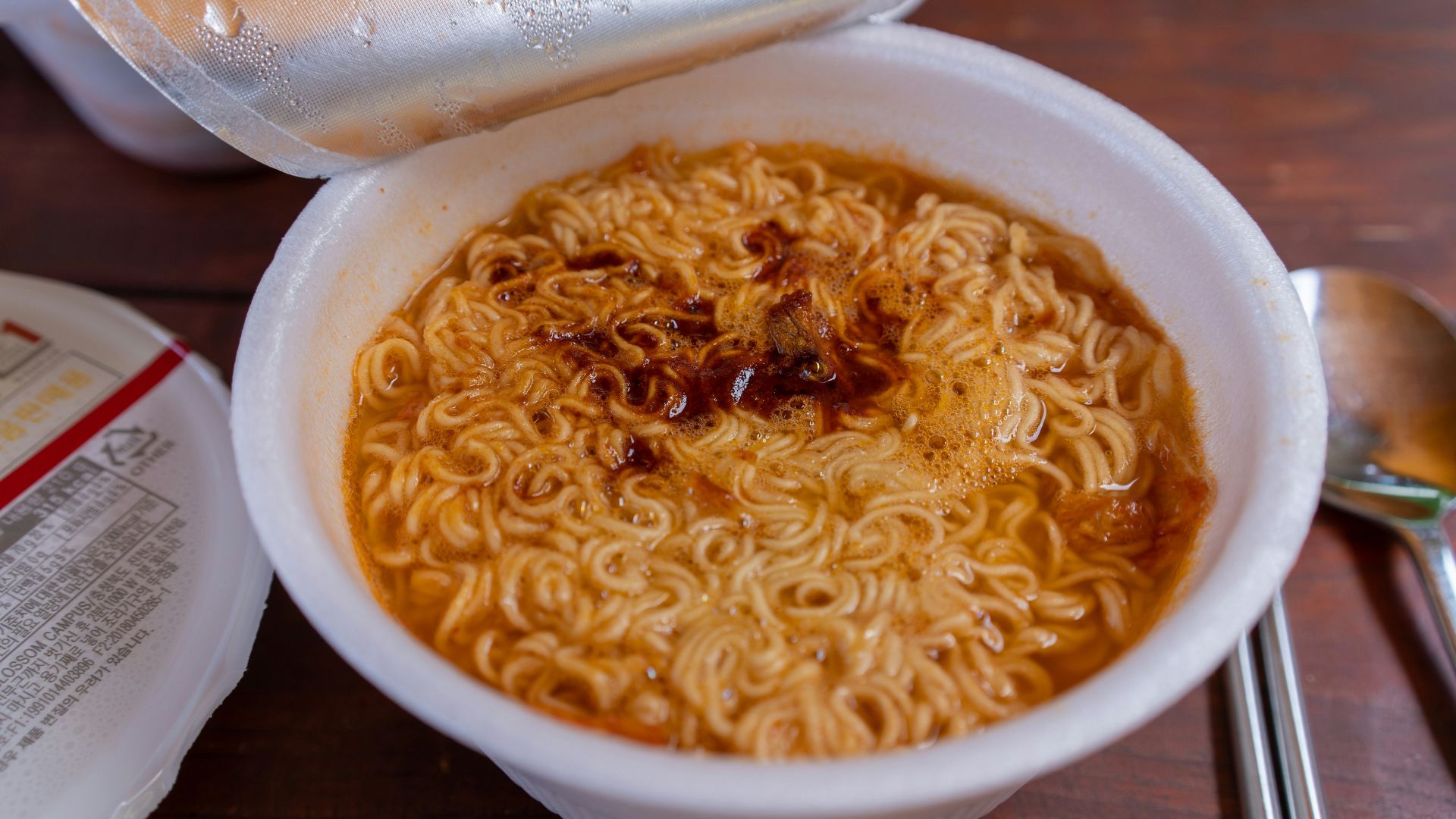
Source: SQ Lim/Unsplash
Egg, one of the most common food allergens, must be disclosed on food labels. The recalled items are S&S Cup Saimin -Noodles with Soup $ Garnishes.
Similar Recall Issued For Undisclosed Egg Allergen in Crab Cakes
In May, another popular item was pulled off shelves because the egg was not disclosed on the ingredient list.

Source: Alexandra Tran/Unsplash
Country Road Seafood voluntarily recalled its pre-packaged crab cakes from grocery shelves when it discovered that eggs had been left off the ingredient list for the past two years.
Eggs Are a Common Allergen
Eggs are among the most common allergens, along with soy, wheat, tree nuts, shellfish, milk, and sesame.
The Cleveland Clinic presumes that around 2% of children have severe egg allergies. While this percentage seems small, the number of people living with this illness is in the hundreds of thousands.
Why the Products Must Be Pulled From Shelves
The FDA requires all ingredients, especially potential allergens, to be labelled correctly on packages.

Source: Markus Winkler/Unsplash
In May, Sun Noodle products were recalled from grocery store shelves after the company became aware that the items were improperly labelled.
The FDA Increases the Risk Level
After a thorough investigation, the FDA has increased the risk level of the instant noodles to Class 1, the most severe classification.
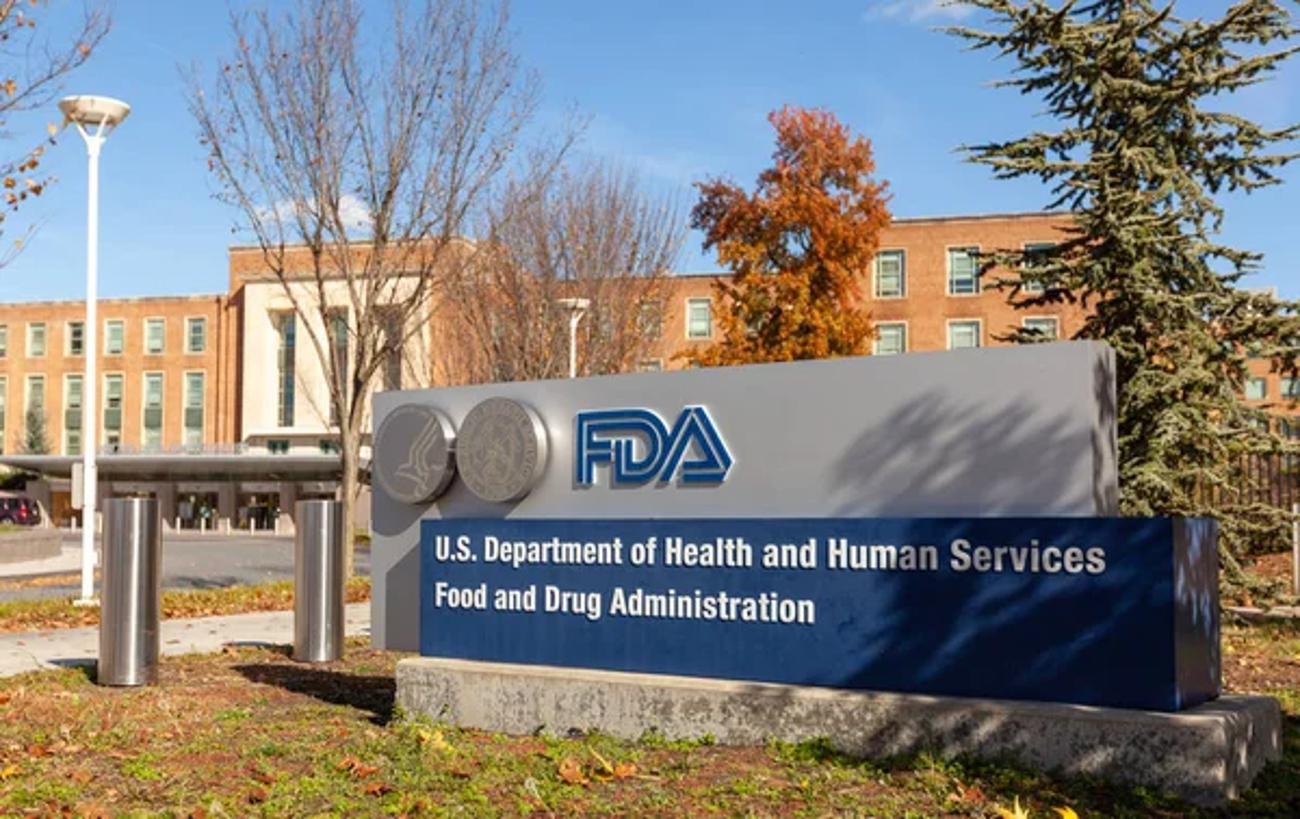
Source: Depositphotos
Class 1 is only issued when there is a “reasonable probability” that eating the product might “cause serious adverse health consequences or death.” Although the company previously noted that the egg is only added to powdered form, the ability for someone with an egg allergy to become deathly ill is high.
Death From an Egg Allergy is Rare But Not Unheard Of
Although death rarely occurs because of an egg allergen, there have been cases of people not being able to access medical help after ingesting an egg.

Source: Public Domain/Wikipedia Commons
Many people with an anaphylaxis allergy carry an EpiPen with them, which administers a dose of epinephrine and stops the allergic reaction. However, since a pack of two EpiPens can cost around $800 in the U.S., many people find it difficult to keep the prescription up to date.
The FDA Updated the Recall Due to New Information
The FDA released no information when Sun Noodle voluntarily began the recall. Before the recent update, no classification level was added to the product.
The organization might have chosen to update the recall to Class 1 based on the potentially severe symptoms likely to occur in a customer with an allergy.
What Are the Symptoms of an Allergic Reaction?
The reaction of an allergy often depends on the severity, and each person can experience different symptoms.

Source: Nick Fewings/Unsplash
Common symptoms can include rashes, hives, swelling, diarrhea, and vomiting. More serious reactions during anaphylaxis can include throat swelling and loss of consciousness. It’s important to be aware of common physical clues and how to help in case of an emergency.
What To Do if Someone Near You Experiences an Allergic Reaction?
Whenever someone experiences an allergic reaction, they should seek medical assistance.
However, if someone experiences an anaphylaxis reaction, you must see if an EpiPen can be administered before calling 911. Even after Epinepherin has been given, the person suffering from the reaction will need to seek further medical assistance to ensure that their airways remain open and that the symptoms pass.
Specific Items Being Recalled
The items affected were distributed in four states: California, Hawaii, Nevada, and Utah.
The lot codes on the items are 1623129 — 1623365, as well as 1624001 — 1624129. All of the affected products were sold between last year and this year. Experts warn to check your cupboard for the affected items.
How To Receive a Refund for the Affected Products?
During Sun Noodle’s initial recall, the company issued a statement letting customers know that they could return the items to the point of purchase for a full refund.
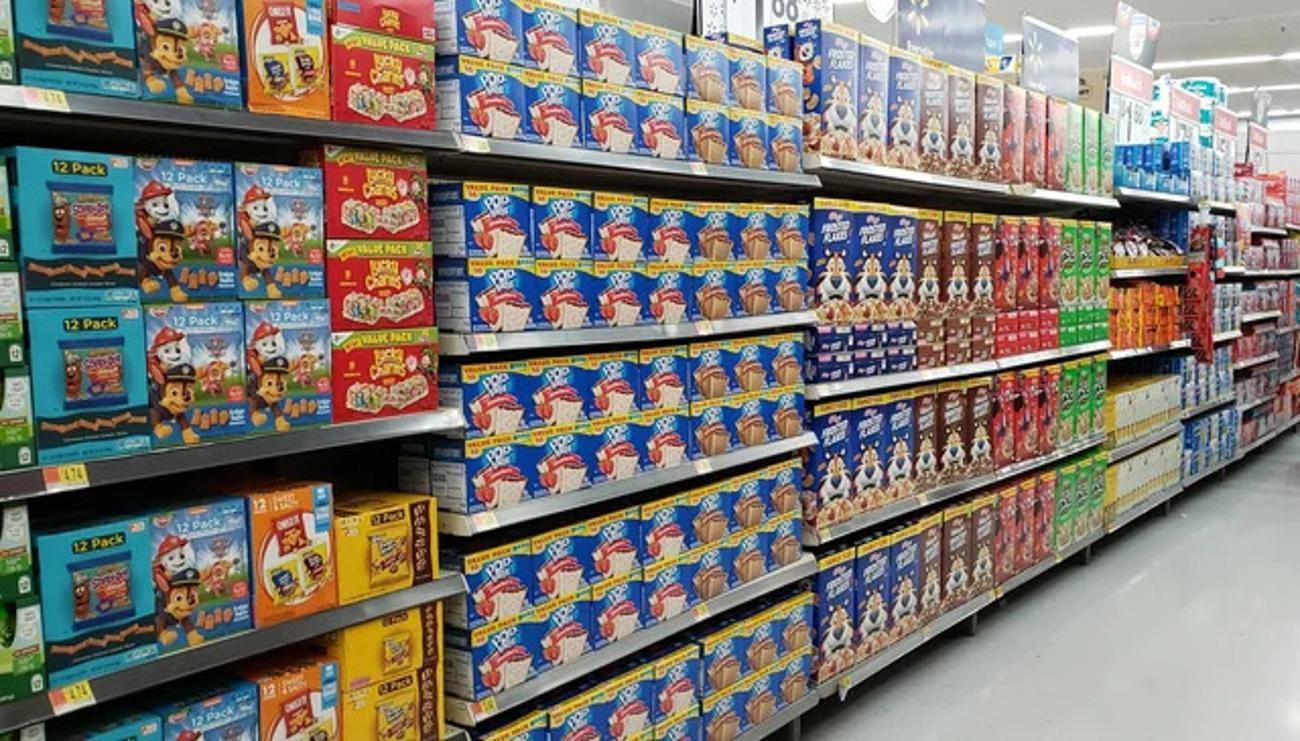
Source: Reddit
After the new classification for the risk level, the company issued the following statement: “We sincerely apologize for any inconvenience or concern this may cause and assure our customers that we are taking all necessary steps to ensure the safety and quality of our products.” Items can still be returned directly to grocery stores while the recall is ongoing.
Impact on Retailers
The recall of Sun Noodle products has posed significant challenges for retailers. Stores must swiftly remove the affected items from shelves, manage refunds, and handle customer inquiries. This process disrupts normal operations and can lead to financial losses.
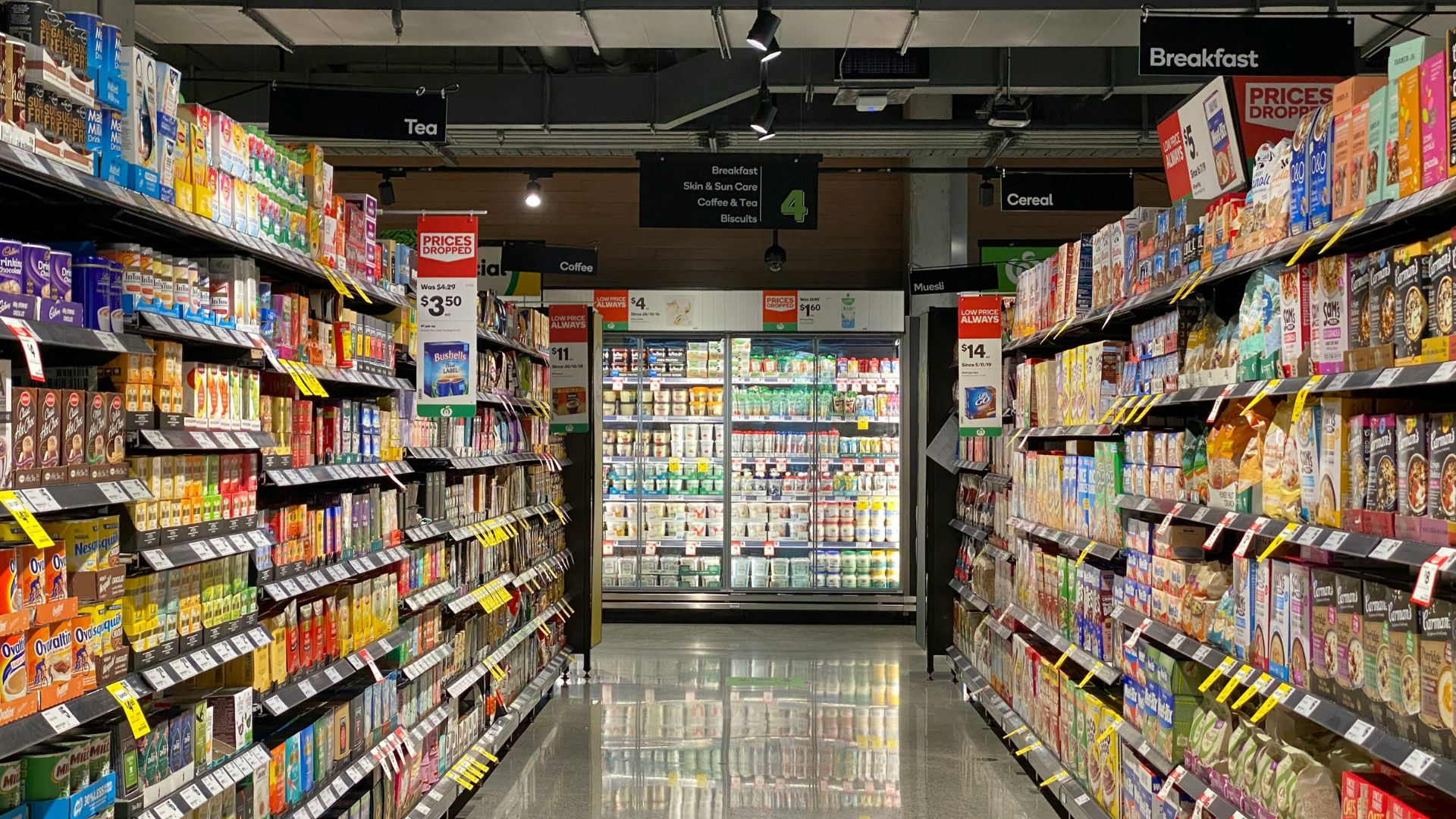
Source: Franki Chamaki/Unsplash
Ensuring proper communication with consumers about the recall and offering efficient solutions for product returns are crucial to maintaining customer trust.
Consumer Challenges
Consumers affected by the recall face the inconvenience of identifying and returning the contaminated products. Worse, many may not be aware of the recall, putting them at risk.
It’s important for consumers to stay informed about food recalls and regularly check product labels for allergens. Access to easy and clear return policies helps mitigate the impact on consumers.
FDA's Regulatory Process
The FDA’s regulatory process for food recalls involves several steps, including identifying the issue, notifying the public, and coordinating the removal of products from the market. The process is designed to protect consumers swiftly and efficiently.
Continuous improvement and updates to these procedures are essential to address emerging food safety challenges and ensure public health.
Recent Improvements in FDA Procedures
The FDA has implemented several improvements in its recall procedures, such as enhanced traceability systems and better communication strategies.
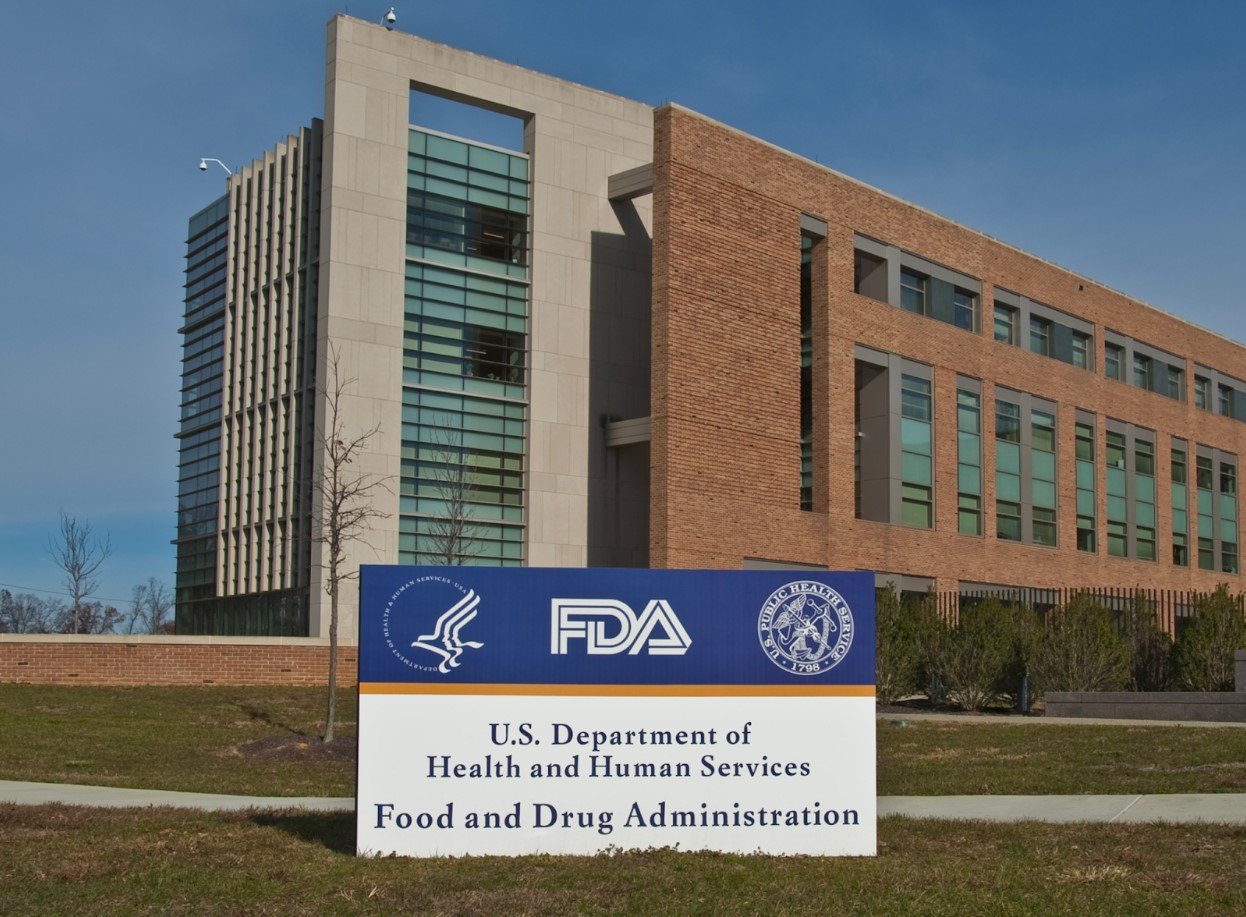
Source: Wikipedia
These advancements aim to streamline the recall process, making it quicker and more effective. By leveraging technology and collaborating with food manufacturers, the FDA strives to prevent future incidents and safeguard consumer health.
Other Food Recalls
Over the past decade, significant food recalls have shaped the industry’s approach to safety. Notable examples include the 2015 Blue Bell ice cream listeria outbreak and the 2018 romaine lettuce E. coli contamination.
These events are prime examples of the need for stringent safety measures and highlight the importance of quick response and transparency in managing food recalls.
Comparing Recalls
Comparing the Sun Noodle recall with other recent recalls, such as the 2021 Jif peanut butter salmonella contamination, reveals common challenges and lessons learned.
Both incidents involved widespread distribution and significant consumer impact. These comparisons highlight the critical role of effective communication, rapid response, and ongoing monitoring to mitigate the risks associated with food recalls.
Lessons Learned from Past Recalls
Past recalls have taught the industry valuable lessons, such as the importance of thorough supplier audits and robust traceability systems. Ensuring that all ingredients are correctly labeled and conducting regular safety checks can prevent similar incidents.
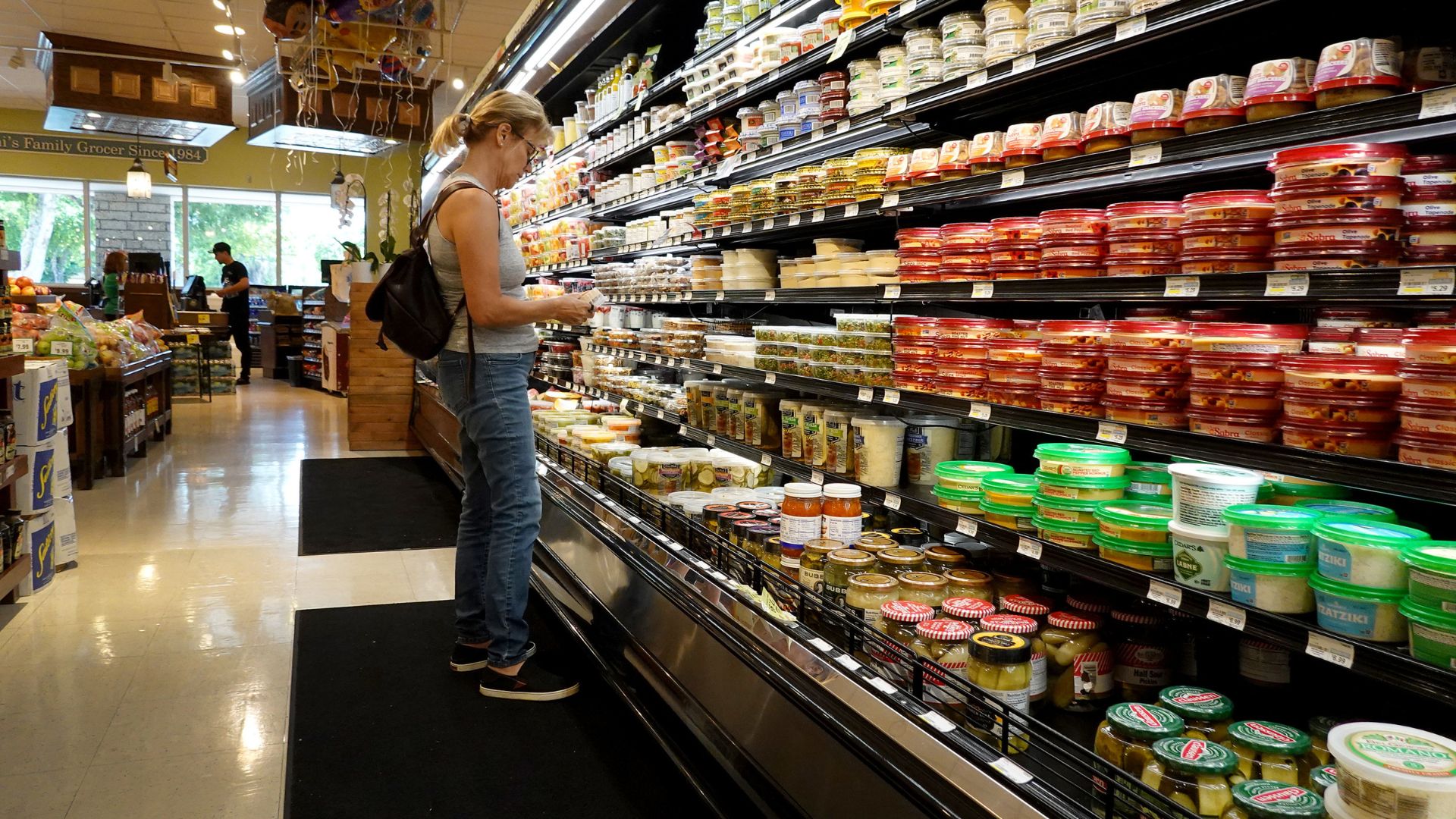
Source: Joe Raedle/Getty Images
These lessons drive continuous improvement in food safety standards and practices, protecting consumers from potential harm.
Economic Impact on Sun Noodle
The recall has substantial economic implications for Sun Noodle, including potential financial losses from unsold inventory and refunds. The company’s brand reputation also may suffer, affecting customer loyalty and future sales.
To recover, Sun Noodle must implement stringent quality control measures, engage in transparent communication, and rebuild trust with consumers and retailers.
Financial Recovery Strategies
To mitigate the economic impact, Sun Noodle can adopt several strategies, such as enhancing quality assurance processes, investing in employee training, and leveraging technology for better traceability.

Source: Freepik
Engaging in proactive marketing campaigns and offering promotions can help regain consumer trust. Collaboration with regulatory bodies to ensure compliance will also be crucial in the recovery process.
Brand Reputation Management
Managing brand reputation post-recall is essential for Sun Noodle. Transparent communication with consumers and stakeholders about the recall’s cause and corrective actions is vital.
Demonstrating a commitment to food safety and implementing robust measures to prevent future incidents can help restore brand credibility and consumer confidence.
Future of Food Labeling Laws
Future changes to food labeling laws may include stricter regulations on allergen disclosure and more rigorous enforcement of labeling standards. Enhanced labeling technology, such as QR codes for detailed ingredient information, could provide consumers with greater transparency.
These advancements aim to prevent mislabeling incidents and ensure that consumers have access to accurate and comprehensive product information.
Legislative Efforts for Food Safety
Ongoing legislative efforts focus on strengthening food safety regulations to prevent recalls. Proposed changes include mandatory recall authority for the FDA and increased penalties for non-compliance.
These measures aim to enhance accountability and ensure that food manufacturers adhere to the highest safety standards, ultimately protecting public health and reducing the incidence of foodborne illnesses.
